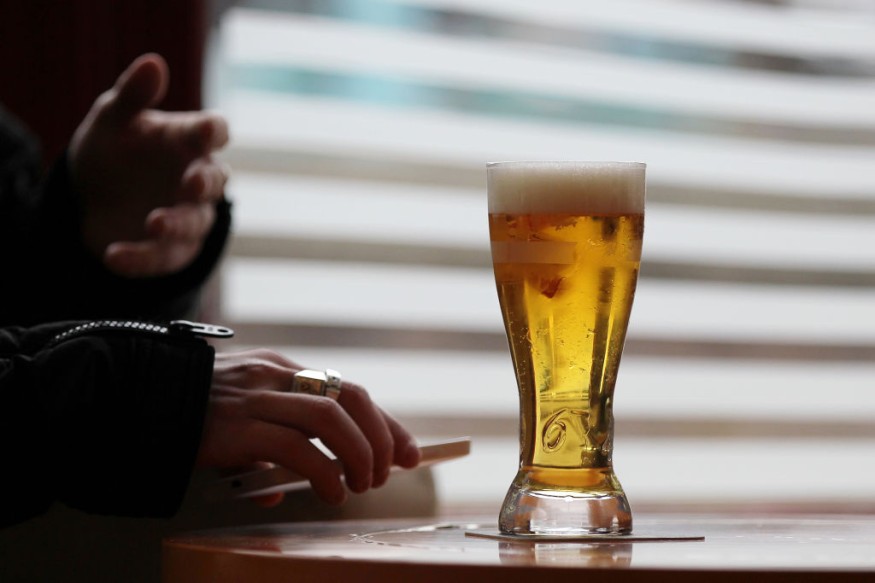A new study found a way to reduce the alcohol consumption of heavy drinkers using gene therapy. It can likely help chronic drinkers from consuming alcohol.
The problem of alcohol consumption has been the main concern for people and families. Overconsumption will not benefit you or your health.
In the CDC report, excessive alcohol can affect people, which could lead to shortened life or sudden death. In the U.S., the overuse of alcohol resulted in at least 140,000 deaths in the country.
Here are the effects of excessive alcohol are the following:
- Pregnant women could experience miscarriage or poor health of a child.
- Violent behavior can emerge when people consume too much alcohol.
- Self-injuries and injuries due to drunk driving
- The poor immune system, heart risks and digestive problems
- Social problems and mental health problems
Gene Therapy Likely to Help Reduce Alcohol Use

In a new research published in Nature Medicine, researchers explained that Alcohol use disorder (AUD) can result in more challenges, personally and economically.
There are other treatments for excessive alcohol use, including psychological counseling and medical or oral therapies. The cost of the treatment can become expensive.
Meanwhile, Oregon Health & Science University researchers tried to find a new solution for chronic drinkers. They discovered that gene therapy could likely become effective in reducing alcohol use.
The researchers employed the same therapy in dealing with patients with Parkinson's disease. To ensure it is effective, the study tested on nonhuman primates that showed promising signs of addressing chronic alcohol drinking.
The gene helps reduce drinking problems by resetting the dopamine in the animal's brain, known as glial-derived neurotrophic factor (GDNF).
According to Dr. Kathleen Grant, the result was effective as the animals showed to avoid drinking alcohol. Dr. Grant serves as a co-senior author of the study.
However, gene treatment could become more viable for people with chronic or severe problems with alcohol. The treatment requires surgery.
The decreasing drinking of alcohol was recorded as they chose to drink water instead of the usual ethanol diluted. The drinking behavior of the said animals changed.
Furthermore, researchers explained that dopamine can increase even in small use of alcohol. Dopamine plays a role in chronic drinking.
Tips to reduce alcohol consumption
While alcohol consumption is addicting and pleasurable, it has corresponding long-term health risks. As early as possible, it is best to find solutions or treatments to reduce alcohol use.
According to Harvard Medical School, there are also helpful ways to reduce excessive alcohol drinking. People must also seek advice from their doctors.
If you like to change your habits, it is best that you should write in your notes, mobile, phone or computer. Keep track of your daily drinking.
Keeping alcohol out of your house is also recommendable to avoid temptation.
For more similar stories, don't forget to follow Nature World News.
© 2025 NatureWorldNews.com All rights reserved. Do not reproduce without permission.





